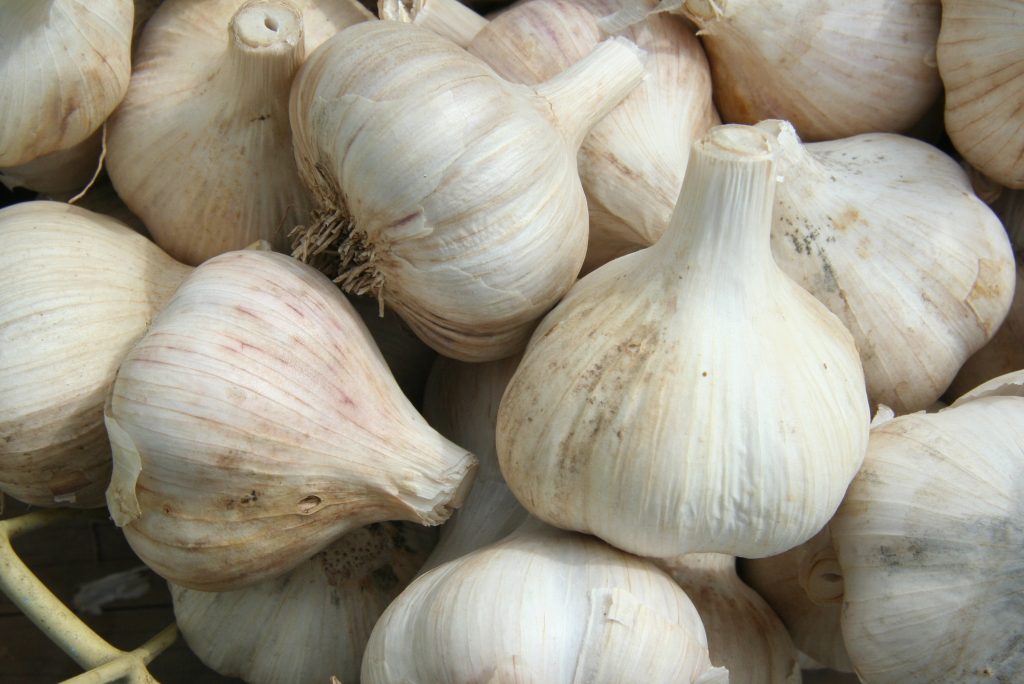
In a laboratory setting diallyl disulphide, a component in garlic, inhibits the proliferation of MCF-7 breast cancer cells and causes cell death (apoptosis) of MCF-7 cells. Garlic may help to prevent breast cancer in women.
Other studies show no credible evidence to support a relation between garlic intake and a reduced risk of gastric, breast, lung, or endometrial cancer.
- Apoptosis induced by diallyl disulfide in human breast cancer cell line MCF-7.
- Diallyl disulfide causes caspase-dependent apoptosis in human cancer cells through a Bax-triggered mitochondrial pathway.
- Diallyl sulfide inhibits diethylstilbestrol-induced lipid peroxidation in breast tissue of female ACI rats: implications in breast cancer prevention.
- Diet and cancer prevention: where we are, where we are going.
- Garlic intake and cancer risk: an analysis using the Food and Drug Administration’s evidence-based review system for the scientific evaluation of health claims.
- Influence of garlic (Allium sativum) on the pharmacokinetics of docetaxel.
- Modulation of histone deacetylase activity by dietary isothiocyanates and allyl sulfides: studies with sulforaphane and garlic organosulfur compounds.
- Onion and garlic use and human cancer.
- Preclinical perspectives on garlic and cancer.
- S-Allylcysteine reduces breast tumor cell adhesion and invasion.



